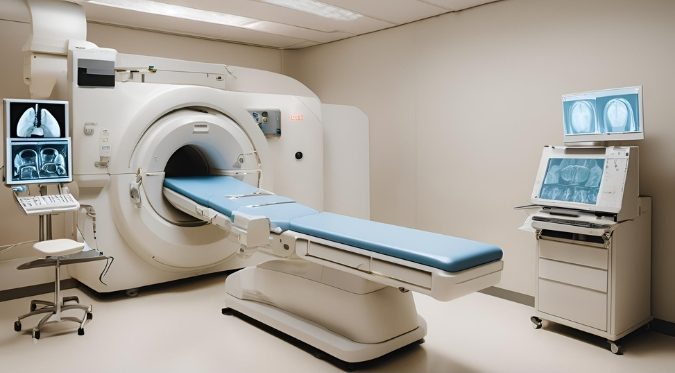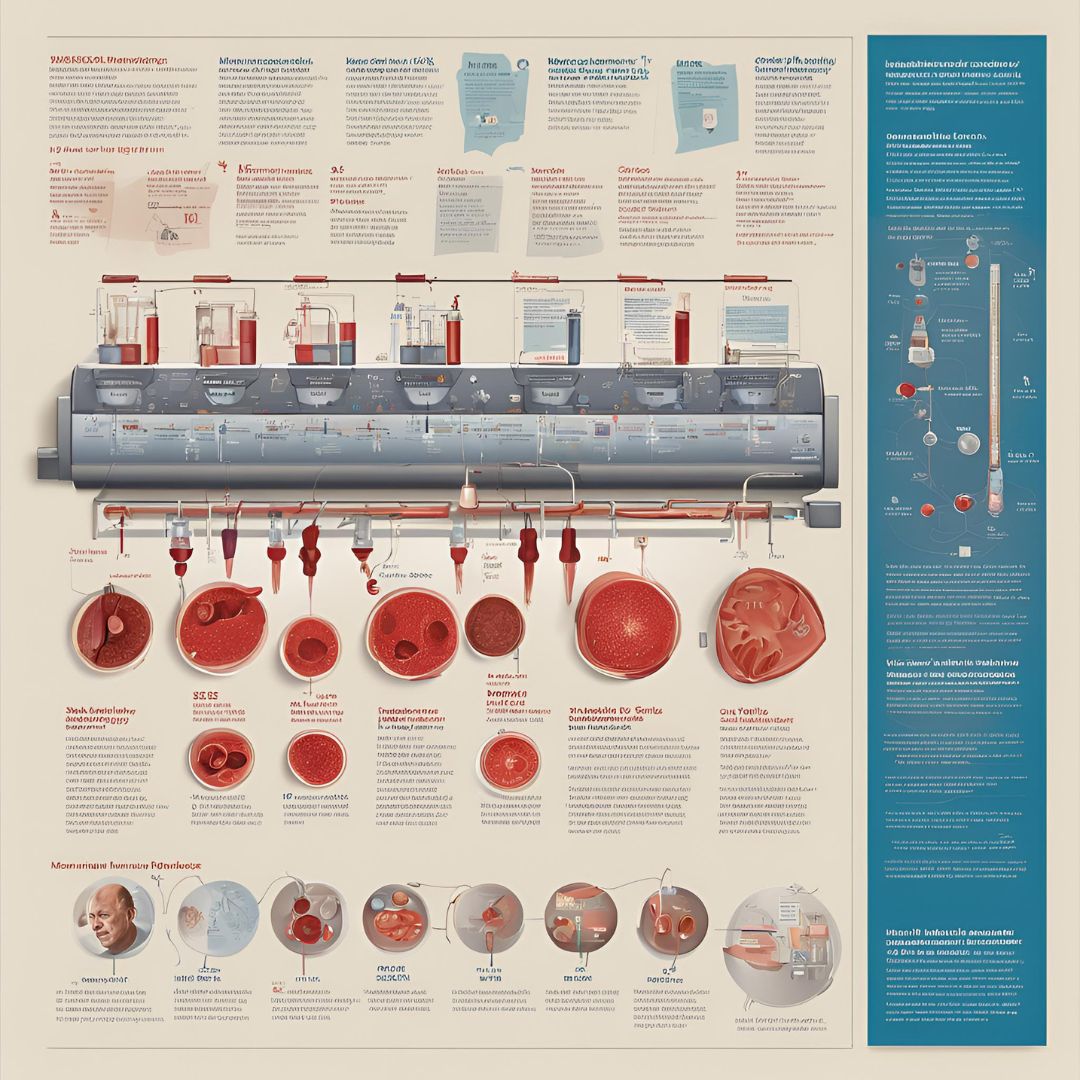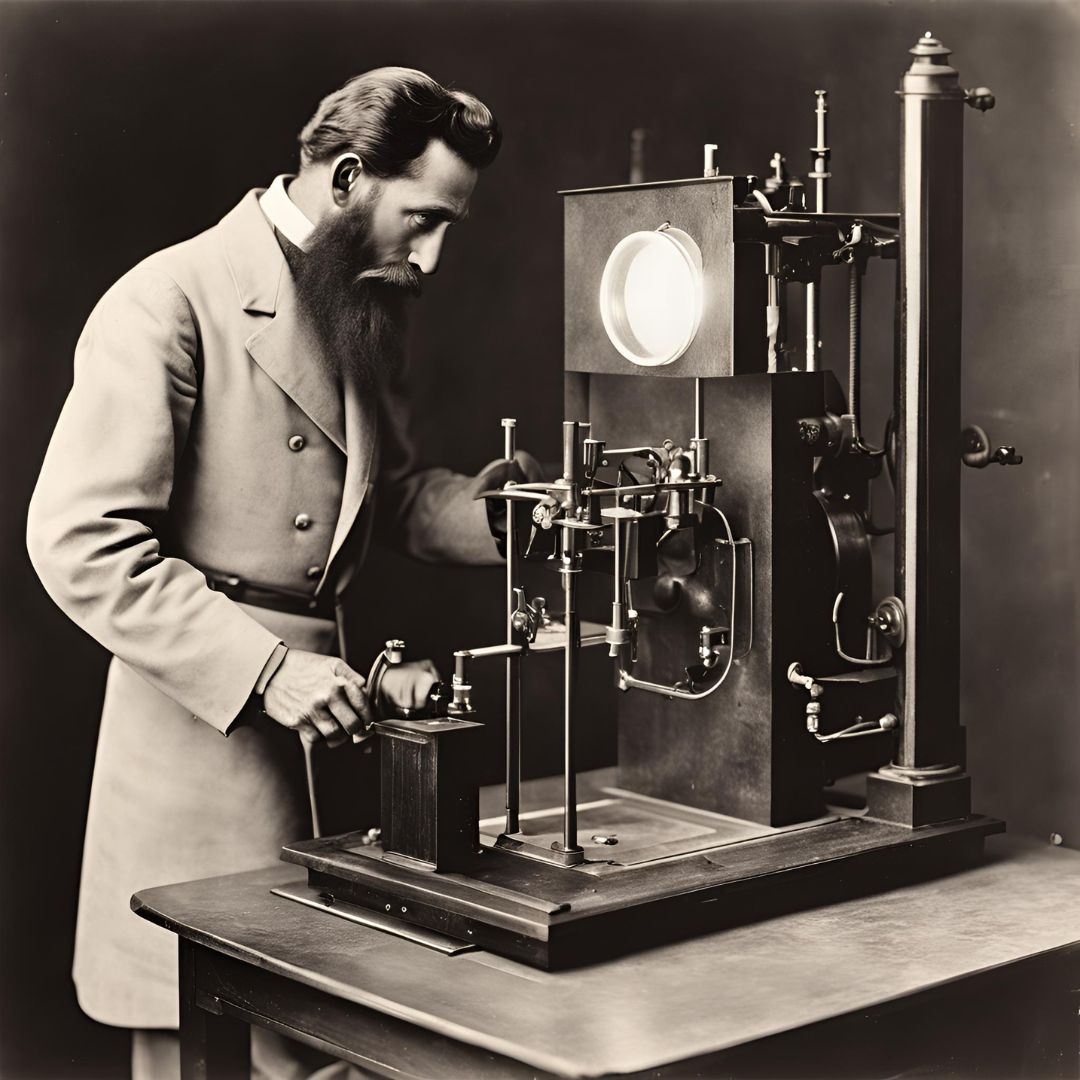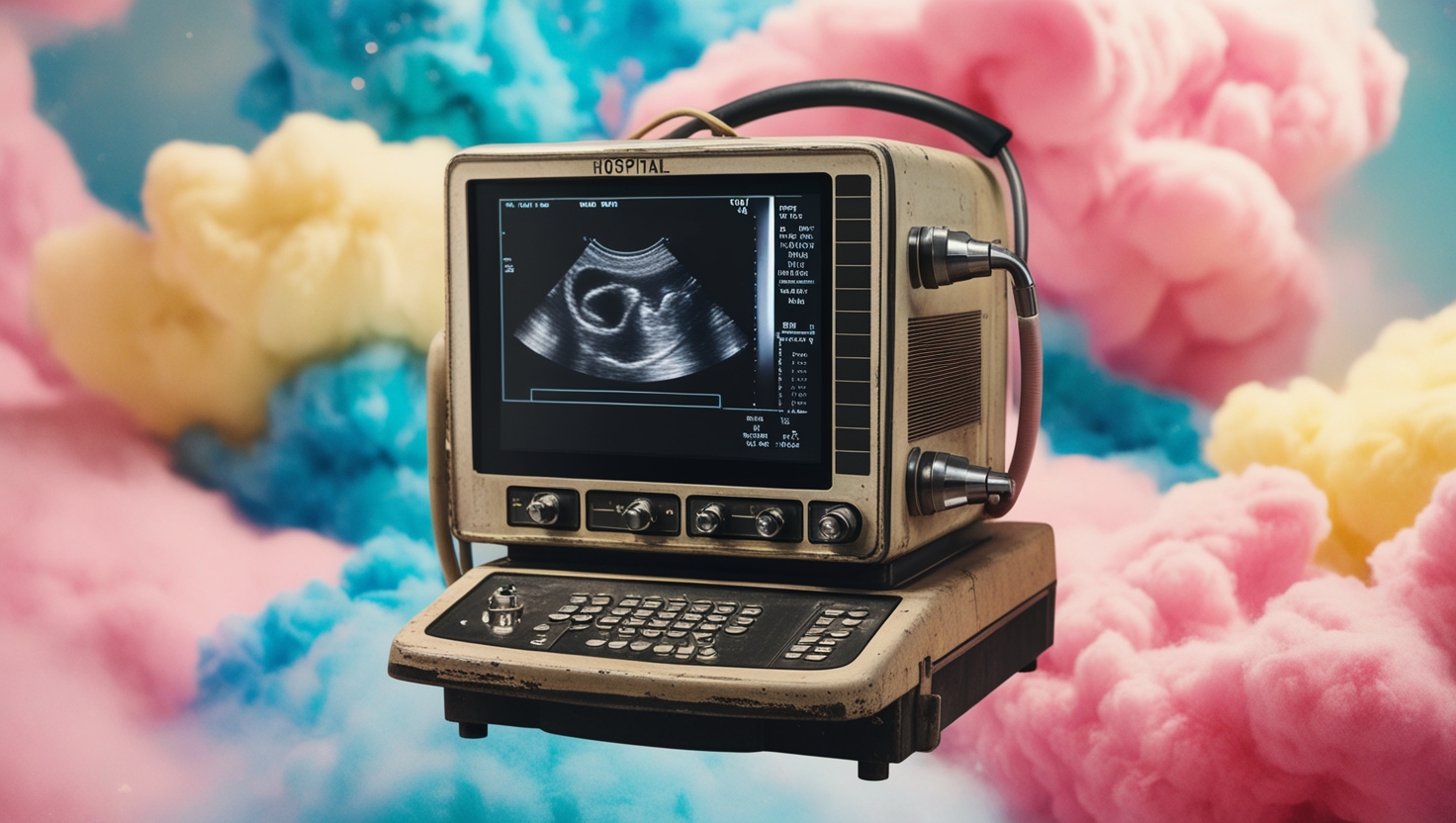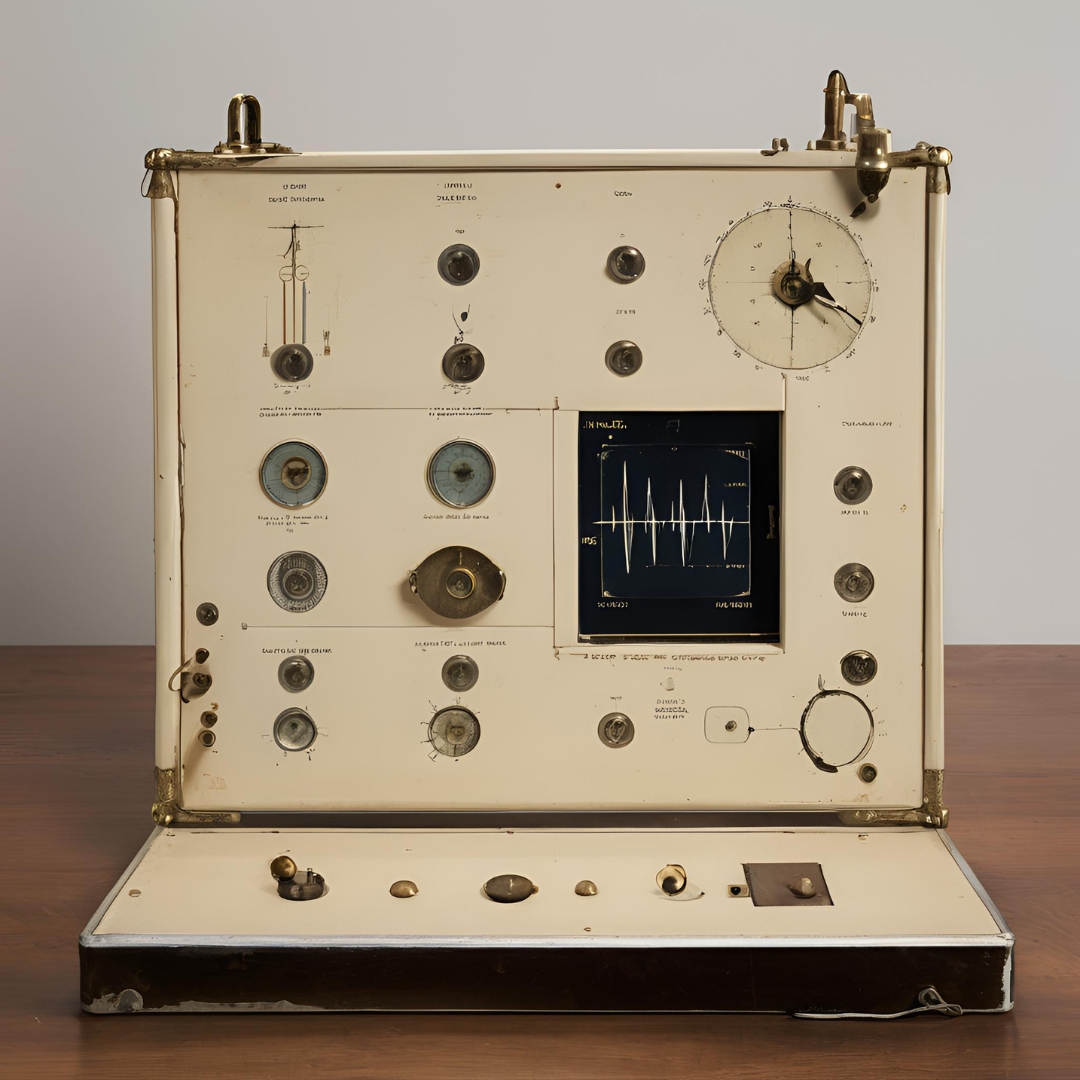Biomedical devices play a crucial role in modern healthcare, providing the tools necessary for diagnosing, monitoring, and treating various medical conditions. These devices, ranging from simple instruments to complex machines, are designed to improve patient outcomes, enhance the efficiency of healthcare delivery, and reduce costs.
1. Types of Biomedical Devices
- Diagnostic Devices: These devices are used to detect and diagnose diseases or medical conditions. Examples include MRI machines, X-ray systems, and blood glucose monitors. Advanced diagnostic devices now incorporate AI and machine learning to improve accuracy and speed.
- Therapeutic Devices: Therapeutic biomedical devices are used to treat medical conditions. Examples include pacemakers, insulin pumps, and cochlear implants. These devices often involve cutting-edge technology to ensure they deliver precise and effective treatment.
- Monitoring Devices: These devices continuously monitor vital signs and other critical health parameters, such as heart rate, blood pressure, and oxygen levels. Devices like wearable fitness trackers and home-use blood pressure monitors are increasingly popular due to their convenience and real-time data capabilities.
- Assistive Devices: Assistive devices help individuals with disabilities or chronic conditions lead more independent lives. Examples include prosthetic limbs, hearing aids, and mobility scooters. Advances in this area are making these devices more personalized and effective.
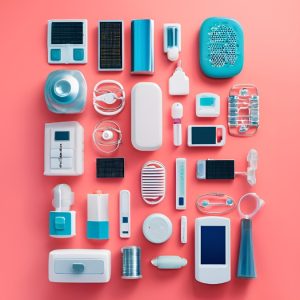
2. Innovations in Biomedical Devices
- Wearable Technology: Wearable biomedical devices, such as smartwatches and fitness trackers, are gaining popularity due to their ability to monitor health metrics in real-time. These devices are becoming more sophisticated, offering features like ECG monitoring and sleep analysis.
- Telemedicine Devices: With the rise of telemedicine, devices that enable remote monitoring and consultation have become essential. Portable ECG machines, digital stethoscopes, and remote blood pressure monitors allow healthcare providers to diagnose and treat patients from a distance.
- Implantable Devices: Implantable biomedical devices, such as pacemakers and drug delivery systems, are being designed to be more durable, efficient, and responsive to the body’s needs. These devices are often powered by advanced battery technology or even the body’s own energy.
- 3D Printing in Biomedical Devices: 3D printing technology is revolutionizing the production of biomedical devices, allowing for customized implants, prosthetics, and even bioprinter organs. This innovation reduces production time and costs while increasing the precision and personalization of devices.
3. The Role of Biomedical Devices in Personalized Medicine
- Customized Treatments: Biomedical devices are enabling more personalized treatments by tailoring therapies to individual patients. For example, insulin pumps can be programmed to meet the specific needs of a diabetic patient, adjusting doses based on real-time blood sugar levels.
- Patient-Centered Care: With the help of biomedical devices, healthcare is becoming more patient-centered. Devices that allow for remote monitoring and home-based care are empowering patients to take control of their health, leading to better outcomes and increased satisfaction.
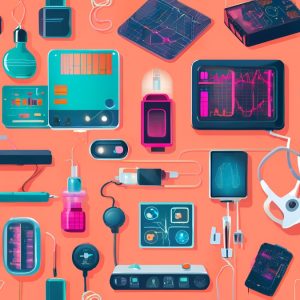
4. Challenges and Opportunities in Biomedical Device Development
- Regulatory Hurdles: Developing biomedical devices requires navigating complex regulatory environments. Ensuring that devices meet safety and efficacy standards is crucial, but it can also be a lengthy and expensive process.
- Data Security and Privacy: As biomedical devices become more connected, the risk of data breaches increases. Ensuring the security and privacy of patient data is a top priority, and developers must integrate robust cybersecurity measures into their devices.
- Ethical Considerations: The use of advanced biomedical devices raises ethical questions, particularly concerning the extent of human enhancement and the potential for inequality in access to these technologies. Addressing these concerns is vital for the responsible development and deployment of biomedical devices.
5. The Future of Biomedical Devices
- Artificial Intelligence (AI): It will enhance their ability to diagnose, monitor, and treat medical conditions. AI-powered devices will likely become more common in both clinical and home settings.
- Nanotechnology: The integration of nanotechnology into biomedical devices holds immense potential, particularly in areas like drug delivery and diagnostics. Nanoscale devices could target specific cells or tissues, reducing side effects and improving treatment outcomes.
- Internet of Medical Things (IoMT): The IoMT is connecting biomedical devices in ways that were previously unimaginable. This network of connected devices allows for continuous monitoring, real-time data sharing, and more coordinated care, leading to better patient outcomes.
The Growing Importance of Biomedical Devices
This are at the heart of modern healthcare, driving advancements that improve patient care and outcomes. As technology continues to evolve, these devices will become even more integral to our health and well-being. Staying informed about the latest developments in biomedical devices is essential for healthcare professionals and patients alike.
